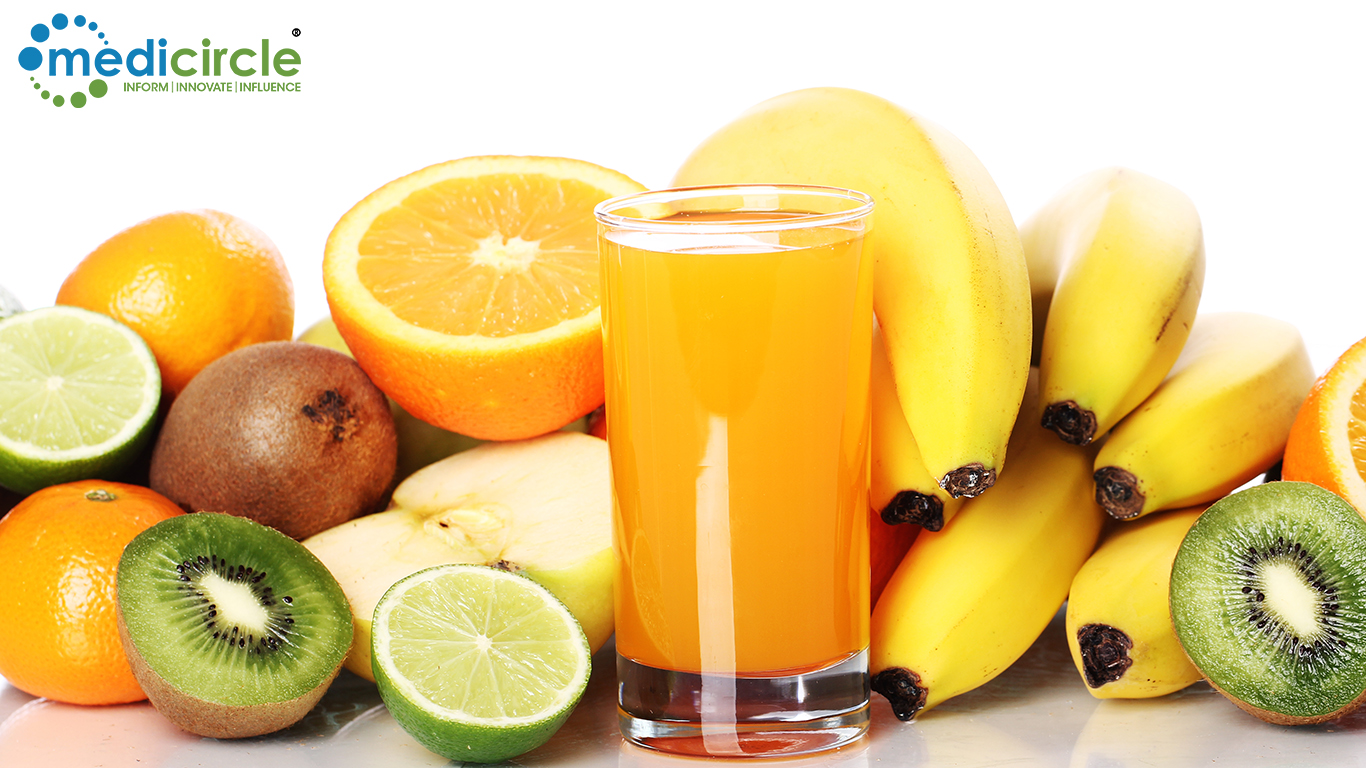[16:48, 6/5/2024] +91 93266 85420: The Food Safety and Standards Authority of India (FSSAI) has recently issued a significant directive aimed at ensuring transparency and accuracy in the labeling and advertisement of fruit juices. Let's get into a detailed overview of this new regulation, the reasons behind it, and what it means for Food Business Operators (FBOs) and consumers.
Understanding the Directive: FSSAI's new directive mandates that all Food Business Operators (FBOs) must immediately stop using claims of "100 percent fruit juice" on the labels and advertisements of reconstituted fruit juices. This directive is aimed at eliminating misleading claims and ensuring that consumers receive accurate information about the products they consume.
Key Points of the Directive:
1. Immediate Action Required: FBOs must remove any claim of "100 percent fruit juice" from their labels and advertisements with immediate effect.
2. Deadline for Existing Packaging: FBOs have been instructed to exhaust all existing pre-printed packaging materials by 1st September 2024. This means that any packaging produced before this directive can still be used until the specified date, but no new packaging should be printed with the misleading claim.
3. Compliance with Standards: The Ministry of Health and Family Welfare has emphasized that FBOs must comply with the standards for fruit juices under the Food Safety and Standards Regulation.
Why the Directive Was Issued: The directive was issued following concerns raised by the Ministry of Health and Family Welfare regarding the inaccurate marketing practices of several FBOs. It was found that many companies were falsely marketing reconstituted fruit juices as "100 percent fruit juice," misleading consumers into believing they were purchasing pure fruit juice when, in fact, they were buying products that may contain added water, sugar, and other ingredients.
Specific Concerns:
1. Misleading Claims: The claim of "100 percent fruit juice" on reconstituted juices is misleading because these products often contain added water and other substances, meaning they are not purely derived from fruit.
2. Consumer Protection: The directive aims to protect consumers from false advertising and ensure they are not misled about the nature of the products they are purchasing.
3. Regulatory Compliance: According to the Food Safety and Standards (Advertising and Claims) Regulations, there is no provision for making a "100 percent" claim for reconstituted fruit juices. The new directive ensures compliance with these regulations.
What This Means for FBOs: For Food Business Operators, this directive requires immediate action to comply with the new labeling and advertising standards. Here are the steps FBOs need to take:
1. Review and Update Labels: FBOs must review all their product labels and advertisements to ensure that any claims of "100 percent fruit juice" are removed.
2. Exhaust Existing Packaging: Existing packaging materials that were printed before the directive can be used until 1st September 2024. However, no new packaging should be printed with the misleading claim.
3. Ensure Compliance: FBOs must ensure that their products comply with the standards for fruit juices as specified under the Food Safety and Standards Regulation. This includes accurately representing the ingredients and contents of their products.
4. Consumer Communication: FBOs should also consider communicating these changes to consumers, explaining the reasons behind the updated labels to maintain trust and transparency.
Impact on Consumers: For consumers, this directive means they can expect more accurate labeling and advertising of fruit juices. Here’s what consumers need to know:
1. Accurate Information: With the removal of misleading claims, consumers will have access to more accurate information about the products they are purchasing, allowing them to make more informed choices.
2. Understanding Reconstituted Juices: Reconstituted fruit juices are made by adding water to concentrated juice. These products are not the same as 100 percent pure fruit juices, which are made directly from the juice of fresh fruits without any added water or sugar.
3. Health Considerations: Knowing the exact contents of fruit juices can help consumers make healthier choices, especially if they are trying to avoid added sugars or other additives.
The Importance of Compliance and Transparency: Compliance with the FSSAI directive is crucial for maintaining consumer trust and ensuring the integrity of the food industry. Transparency in labeling and advertising not only protects consumers but also promotes fair competition among FBOs.
The FSSAI’s directive to remove the claim of "100 percent fruit juice" from labels and advertisements of reconstituted fruit juices marks a significant step towards greater transparency and consumer protection in the food industry. Food Business Operators must act swiftly to comply with these new regulations, ensuring that their labeling and advertising practices are accurate and honest.
For consumers, this directive means they can look forward to more reliable information about the products they consume, helping them make better-informed decisions about their health and nutrition.
By adhering to these new standards, FBOs can contribute to a more transparent and trustworthy food industry, ultimately benefiting both businesses and consumers alike.

 The FSSAI’s directive to remove the claim of "100 percent fruit juice" from labels and advertisements of reconstituted fruit juices marks a significant step towards greater transparency and consumer protection in the food industry.
The FSSAI’s directive to remove the claim of "100 percent fruit juice" from labels and advertisements of reconstituted fruit juices marks a significant step towards greater transparency and consumer protection in the food industry.










.jpeg)




.jpeg)

.jpg)













